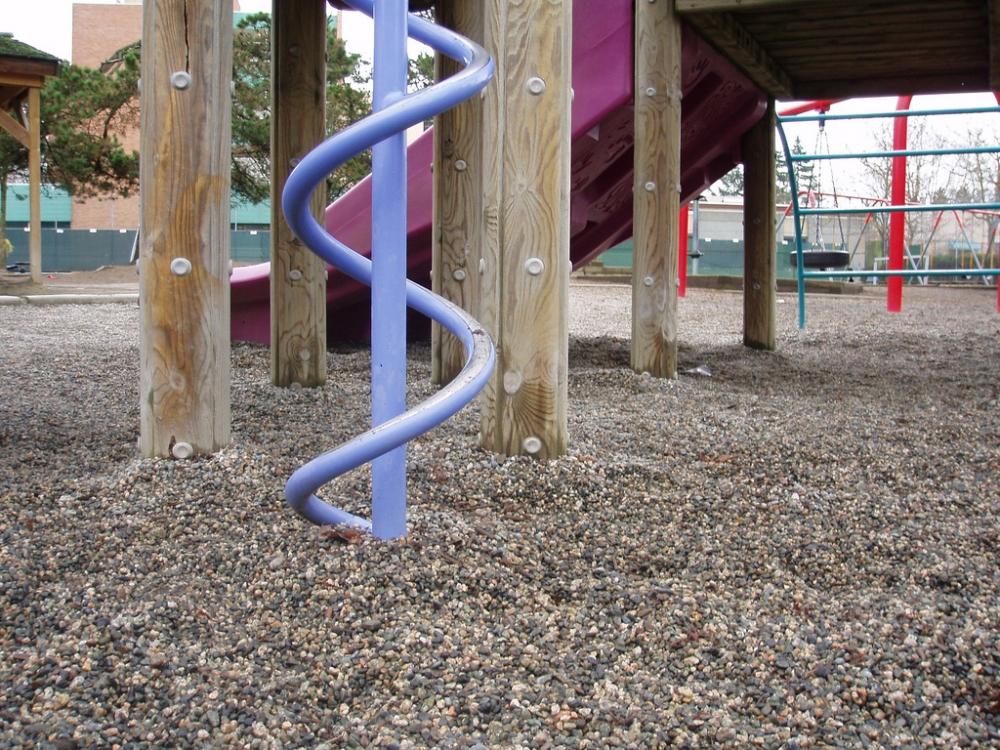
Section Branding
Header Content
Rare Alternative Elementary School Opens
Primary Content

It was the first day of class Monday at what administrators are calling Bibb County’s first experiment with an alternative elementary school for students with behavioral problems.
Bibb County director of alternative education Alisha Allen-Carter says the environment in the school is tightly controlled.
"They enter and exit through one door, there is one rest room," Allen-Carter says. "Lunches and breakfasts are brought to the classroom – they don’t go to the cafeteria – giving students less physical space to act out, lessening the stimuli."
Allen-Carter says alternative schools have worked well at Bibb County for older kids, and that teachers demanded one for elementary students as well.
But University of Georgia professor and special education expert Cynthia Vail says separate schools are not considered a "best practice" for dealing with behavioral problems, and she’s never heard of one at the elementary level before.
"There are some models out there for high school where we can get some alternative kinds of curricula going, and some more supports that might be needed for safety reasons," Vail said. "But specifically at the elementary school, it seems very odd to have an alternative school for kids with social/behavioral problems."
Bibb County’s alternative elementary is physically attached to a mainstream school, but Vail says students with behavioral issues need heterogeneous class environments so they can model good habits off other kids.
That’s assuming, Vail cautions, that teachers have adequate resources and training to handle disruptive students. A recent outside investigation concluded many Bibb teachers do not.
Tags: Bibb County Schools, student discipline, Adam Ragusea, elementary school
